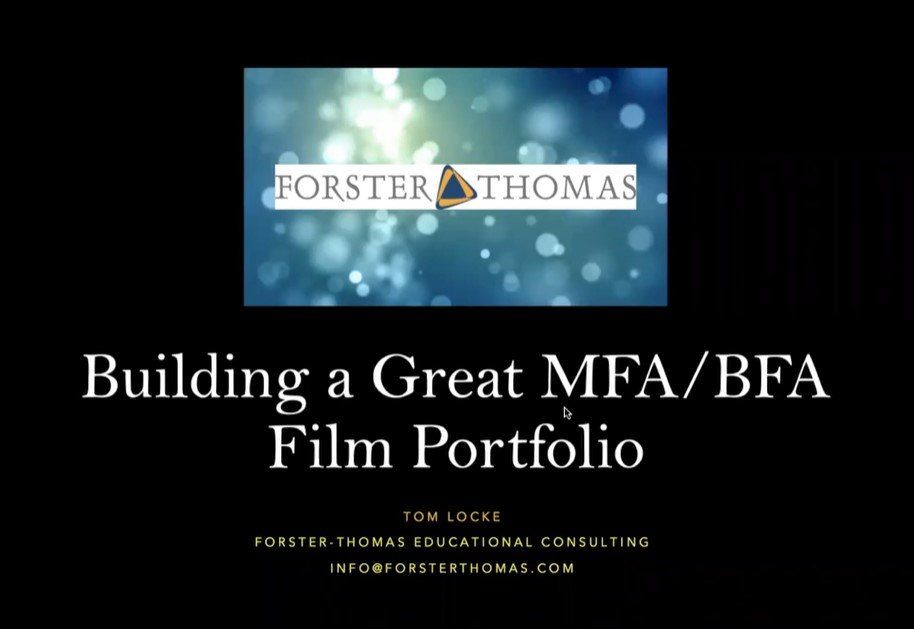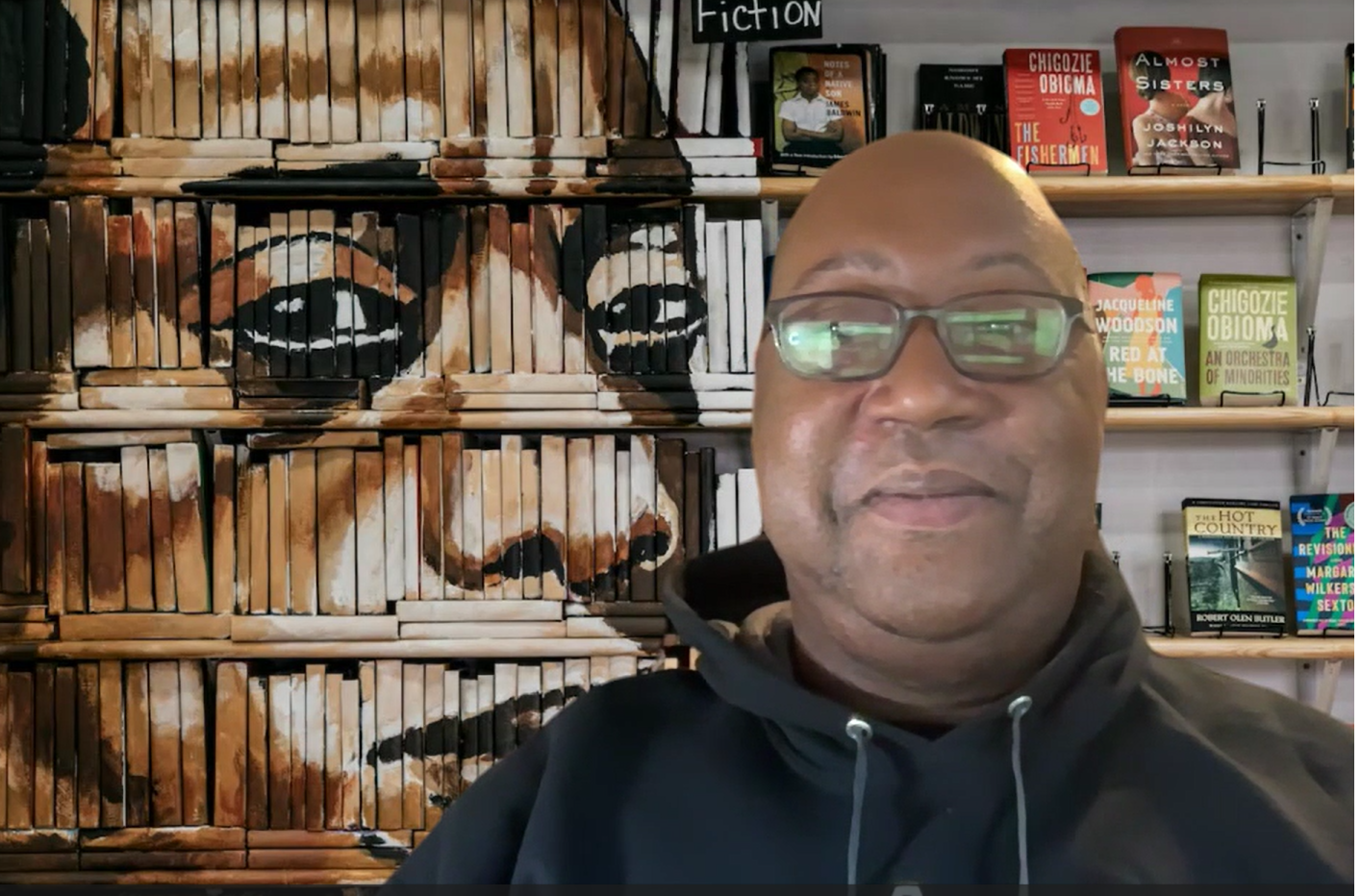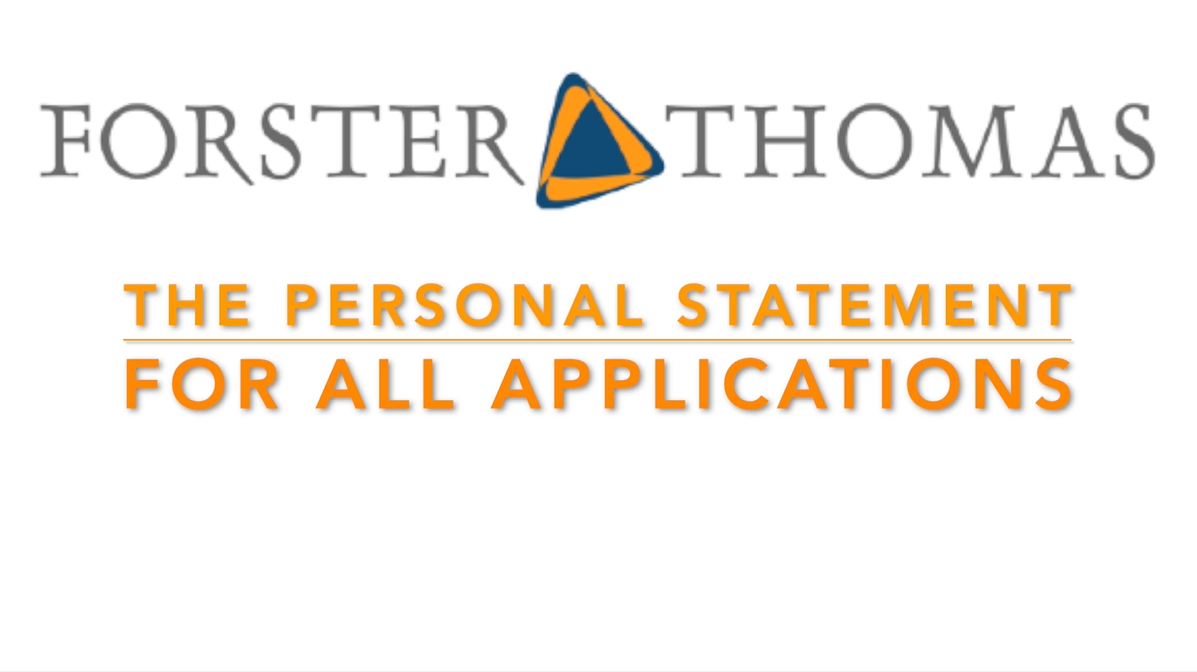The following was posted on 10/13/20 on the academic test prep site, Applerouth.com
Back in 1981, The Clash asked a timeless question , a version of which a lot of college students are asking themselves in 2020: Is now the right time to go to grad school? COVID-19 has upended all the conventional wisdom about when, how, and why to apply to graduate school. Here are the three most important things you need to know as you consider applying to professional graduate schools like law, medical and business school, during a pandemic .
1. Hiding out is not a reason to go to graduate school
If you are considering graduate school out of fear of the future, then your entire candidacy is going to be drenched in fear. Flip the narrative and focus on finding a proactive reason for applying to graduate school that has to do with you and your goals, not a reactive one that is responding to a moment in time.
We are living in a pivotal time for education, where politics, law, healthcare, finance and business, and religion can come together to solve problems. Martin Luther King, Jr. famously put it best: “The ultimate measure of a man is not where he stands in moments of comfort and convenience, but where he stands at times of challenge and controversy.” If graduate admissions seeks to do one thing at its core, it is to take your measure, thus your search should start by taking measure of yourself and your goals.
So, the first step to this whole process is to do some personal reflection and find out where the idea of going to graduate school is coming from.
Take this test:
- Are you in college and fear your job recruiting prospects?
- Has your job search come up empty?
- Did you recently get furloughed or lose your job?
If you said yes to any of these questions, you have a great reason to be considering graduate school right now. But none of these reasons would be compelling to a graduate school admissions committee. You need a proactive, confident, vision-based foundation to your candidacy . That is the key to the kingdom and lies at the heart of the “personal statement,” “goals essay,” or “academic statement of purpose” asked by every flavor of graduate school.
Personal statements (or the “goals essay” or “academic statement of purpose”) are the foundation of your entire candidacy. They sum up who you are, where you’ve been, and where you’re going. Here are some examples of great “vision-based” reasons for attending professional school programs you might be considering:
- Business school: I want to transform the business climate and policy around the adoption of clean-energy incentives.
- Law school: Teach for America taught me how wealthy versus poor parents gain access to Individualized Education Plans, and I want to advocate for people who can’t afford the support of traditional law firms.
- Film school: Netflix has created a new platform for telling highly personal stories that would never make it on broadcast television; I want to learn how to tell stories of people and communities that have been marginalized until now.
- Medical school: Bioinformatics and data analytics are the future of medicine; I want to combine my engineering degree with new technologies to advance how telemedicine can be used as a more powerful tool.
2. Ask for recommendations early
Everyone loves being asked to write a recommendation…but nobody actually enjoys writing them. COVID-19 has made asking for recommendations harder than ever, because you might not be physically near your recommender. A year ago, you would have swung by your favorite professor’s office or your supervisor’s desk to have a quick chat about why you would be honored for their letter of recommendation. You would start a dialog about your deadline for the letters, negotiate some qualities or attributes to highlight, and remind them of great moments in your history on the job or in the class.
Nowadays, your exposure to your professor or supervisor may be limited to Zoom calls, texts, and emails. These media are very impersonal, easy to ignore, and tempting to put off. You should lock down your recommenders as soon as possible, anticipating a longer-than-usual turnaround time . Your recommenders are stretched to the limit, learning how to navigate this new world (whether it’s professors creating tech-friendly curricula or bosses who are understaffed due to furlough). Build in extra time and plan to send a gentle reminder or two (and, of course, a genuine thanks when the letter is in).
But there’s a catch. By this point in the game in a ‘normal’ year, most graduate schools would have already released applications for fall 2021 admissions; this year, however, many are very behind in releasing applications. If you want to initiate the recommendation process but you have no active application to link your recommender to, there is an excellent service called Interfolio Dossier . You can create an account there, invite your recommenders to submit their recommendation into the Dossier, and then connect the Dossier to your application form when it comes out. There’s an added benefit: The Dossier will store the recommendation for as long as you keep an account active—which means you can use the same letter if you need to reapply or if you need a letter for a Fellowship or Scholarship application after you are accepted.
3. Extracurriculars still matter – even if they are only online
The fundamental question behind every application for admission is, Who are you? Admissions committees want to know what you value and what kind of contribution you want to make. Your community service, campus/workplace leadership, and personal interests paint a picture of who you are. They are vital components of your narrative.
Graduate schools want to fill a class with people who are agents of change. While college is often a time of exploration, graduate school is all about focus and making an impact. So, if you have been waiting out the virus, now is the time to find a way to get to work demonstrating that a global pandemic will not get in the way of your goals.
Sitting on the sidelines is also just plain bad for your psyche. A University of Idaho study released in September found that getting off your couch is good for your mental health. “Fear surrounding COVID-19 largely predicted negative psychological health and was significantly correlated with PTSD symptoms, depression, anxiety and stress,” said Clarissa Richardson, an assistant professor of psychology at the University of Idaho’s Department of Psychology and Communication Studies.
We have heard students complain that their hands are tied during this time, when most organizations have closed their doors. Your job is to find a creative way to open those doors, or create doors of your own. If our college-bound high school students can create a food drive for the homebound, or can gather all their friends to tutor elementary school kids learning at home, then imagine what you can do with your extra wisdom, maturity, and experience.
There are a million platforms to find online volunteer activities. Here are a few of the best:
You need to be confident, decisive, proactive, mission-driven, and vision-based in your application to graduate school. Manage the process the way you manage your life, and don’t let fear drive you. You are going to do an amazing job.












